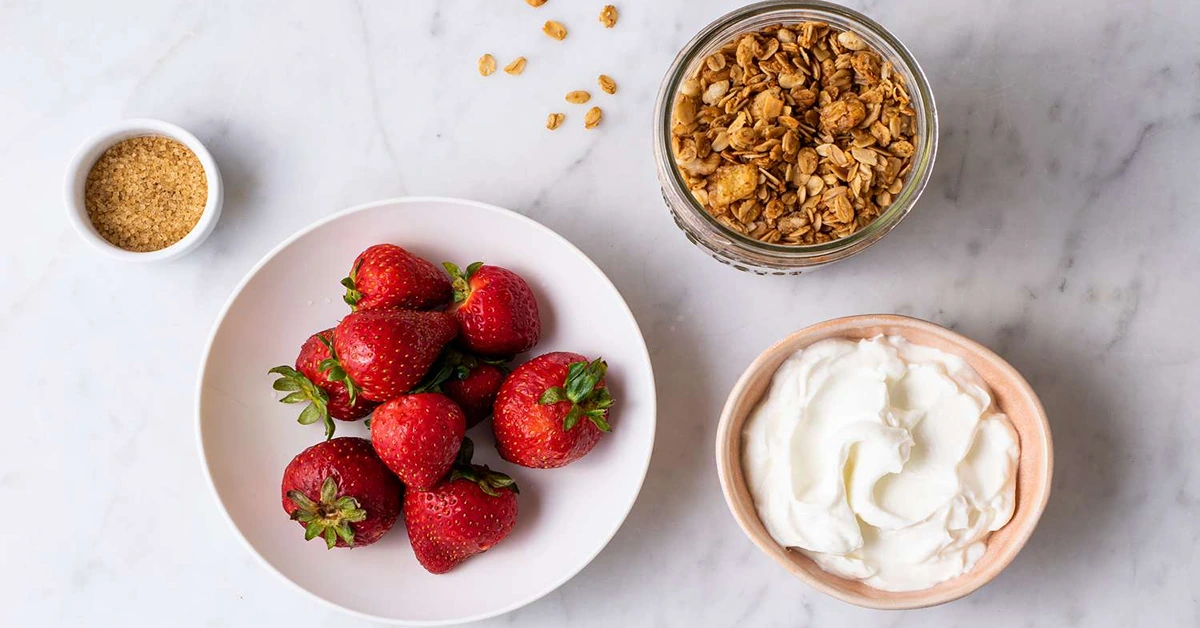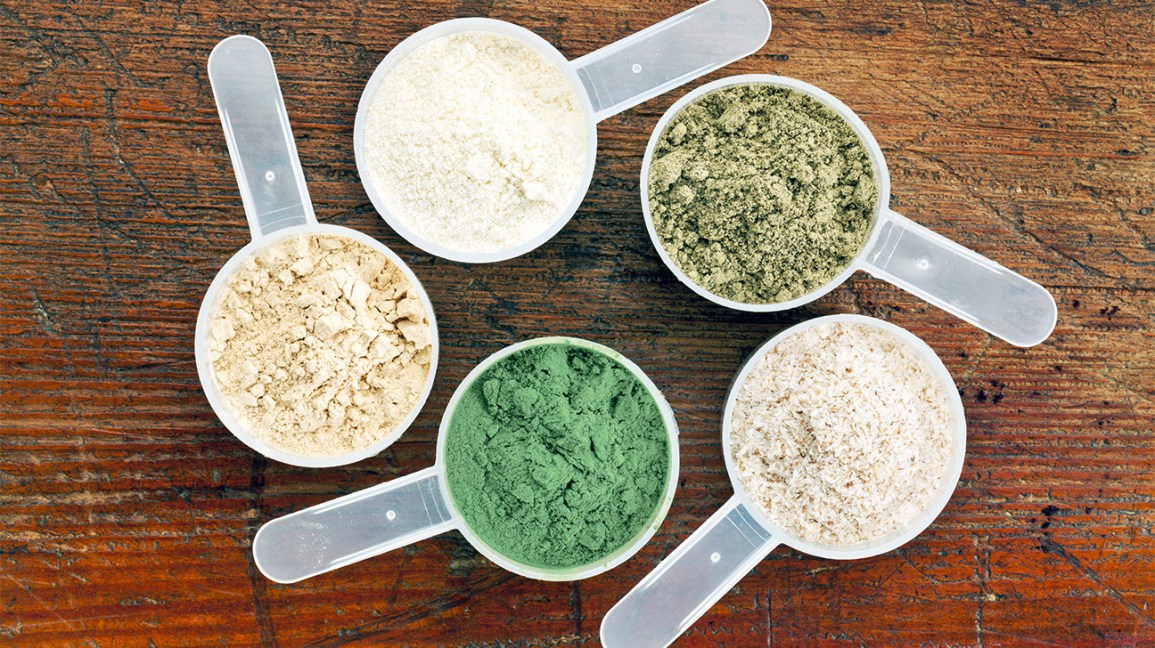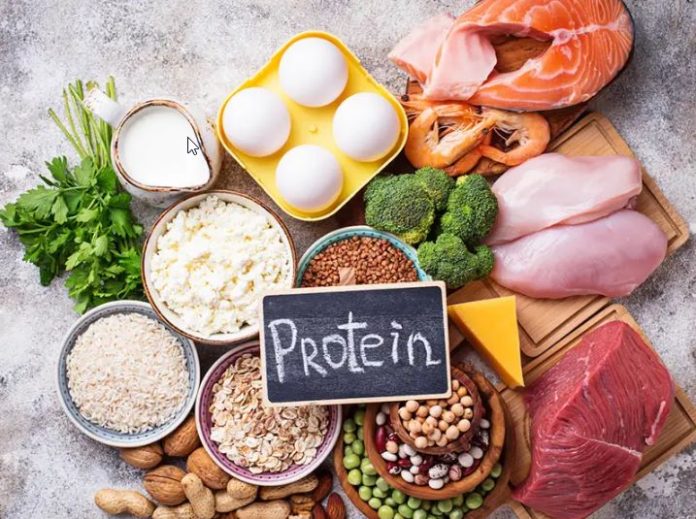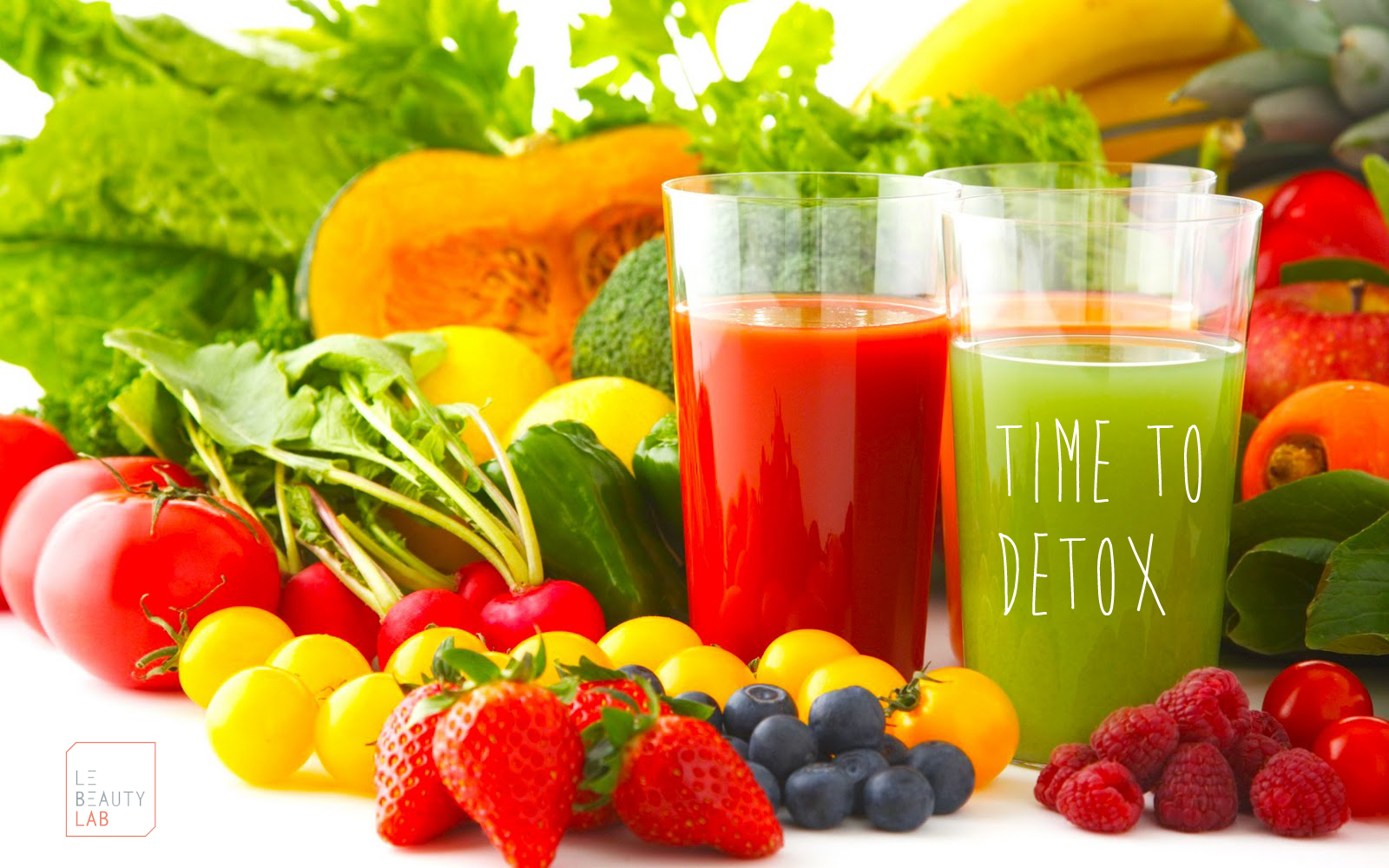In an ever growing health-conscious world, protein has taken center stage. From fitness enthusiasts to busy professionals, everyone is paying closer attention to their protein intake—and for good reason. Protein isn’t just for bodybuilders; it’s a crucial macronutrient that supports muscle growth, keeps you full, and even boosts metabolism.
But why has protein become the star of every meal? And how can you optimize your diet to make the most of it? Let’s break it down.
Why Protein Matters in Every Meal
Protein is made up of amino acids, the building blocks of life. Our bodies use them to repair tissues, produce enzymes and hormones, and maintain muscle mass. Unlike carbs and fats, our bodies don’t store protein, so we need a steady supply throughout the day.
Here’s why you should prioritize protein in every meal:
1. Keeps You Fuller for Longer
Protein is the most satiating macronutrient. It slows digestion, stabilizes blood sugar, and reduces cravings. A high-protein breakfast, for example, can prevent mid-morning snack attacks. Think yogurt with strawberries and granola
 2. Supports Muscle Maintenance & Growth
2. Supports Muscle Maintenance & Growth
Whether you’re an athlete or just trying to stay active, protein helps repair and build muscle. Spreading intake across meals ensures your body has a constant supply of amino acids for recovery.
Protein has a high thermic effect, meaning your body burns more calories digesting it compared to fats and carbs. This can support weight management over time.
4. Promotes Healthy Aging
As we age, muscle loss (sarcopenia) becomes a concern. Adequate protein intake helps preserve strength and mobility, keeping you active and independent longer.
How Much Protein Do You Really Need?
The general recommendation is 0.8–1.2g of protein per kg of body weight (more if you’re active). For a 150-pound (68 kg) person, that’s 55–82g per day—spread across meals for optimal absorption.
The Protein-First Eating Strategy
Gone are the days when protein was just an afterthought—today, people are designing meals around it. The “protein-first” approach means prioritizing high-quality protein sources before adding carbs and fats. The protein-first approach is a simple but powerful way to structure your meals for better nutrition, satiety, and body composition. Here’s how to implement it:
1. Prioritize Protein at Every Meal
Before adding carbs or fats, identify your protein source first. Aim for:
20-30g per meal for general health
30-40g per meal if you’re active or building muscle
2. Build Your Plate Backwards
Start with protein (chicken, fish, eggs, tofu, etc.)
Add vegetables (for fiber and micronutrients)
Include healthy fats (avocado, nuts, olive oil)
Add carbs last (whole grains, fruits, starchy veggies)
3. Protein Timing Matters
Breakfast: Many people skimp on protein here. Aim for at least 20g to start your day right.
Post-Workout: Consume protein within 1-2 hours after exercise for optimal recovery.
Evening: Casein protein (found in cottage cheese) digests slowly, great before bed.
4. Smart Protein Swaps
Instead of:
Cereal → Try Greek yogurt with berries and nuts
Pasta-heavy meals → Try zoodles with meatballs
Rice bowls → Try cauliflower rice with extra protein
5. How to Build a Protein-Rich Plate
Breakfast: Greek yogurt with nuts, scrambled eggs with spinach, or a protein smoothie.
Lunch: Grilled chicken salad, quinoa with chickpeas, or lentil soup.
Dinner: Baked salmon with veggies, tofu stir-fry, or lean beef with sweet potatoes.
Snacks: Cottage cheese, edamame, or a handful of almonds.
Protein Supplements: Are They Necessary?
While whole foods should always be the primary source of protein, supplements can be a convenient option for those struggling to meet their daily needs. Here’s a look at the pros and cons:
 Advantages of Protein Supplements
Advantages of Protein Supplements
✅ Convenience – Perfect for busy lifestyles, post-workout recovery, or when whole-food options aren’t available.
✅ Fast Absorption – Whey protein, for example, is quickly digested, making it ideal for muscle recovery after exercise.
✅ Targeted Nutrition – Helpful for athletes, bodybuilders, or those needing extra protein due to medical conditions.
✅ Variety of Options – From whey and casein to plant-based proteins (pea, rice, hemp), there’s something for everyone.
Disadvantages of Protein Supplements
❌ Not as Nutrient-Dense as Whole Foods – Supplements lack the vitamins, minerals, and fiber found in natural protein sources like meat, fish, and legumes.
❌ Potential Digestive Issues – Some people experience bloating, gas, or discomfort, especially with dairy-based proteins.
❌ Added Sugars & Fillers – Many protein powders contain artificial sweeteners, flavors, or unnecessary additives.
❌ Overconsumption Risk – Excess protein can strain kidneys in individuals with pre-existing conditions and may lead to unwanted weight gain if calories aren’t balanced.
Who Should Consider Protein Supplements?
Athletes & Gym Enthusiasts – For muscle recovery and growth.
Vegetarians/Vegans – To ensure adequate intake from plant-based sources.
Older Adults – To combat age-related muscle loss.
People with High Protein Needs – Those recovering from illness or surgery.
Smart Protein Swaps for a Healthier Diet
Instead of processed snacks, try these easy swaps:
Instead of chips → Roasted chickpeas
Instead of sugary cereal → Eggs or protein oats
Instead of white bread → Whole-grain toast with nut butter
Protein isn’t just a trend—it’s a nutritional necessity. By making it a key part of every meal, you’ll stay energized, satisfied, and strong. While whole foods should be the foundation, protein supplements can be a helpful tool when used wisely.
So next time you plan your plate, ask yourself: Where’s my protein?
Do you use protein supplements? What’s your favorite high-protein meal? Share in the comments below!






